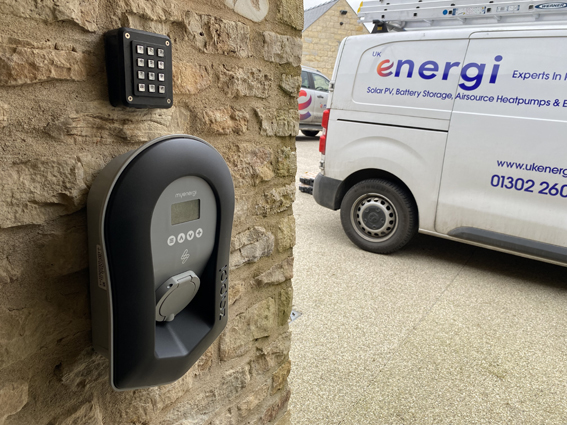
Do I Need Permission to Install an EV Charger?
Worried about planning for an EV Charger? We take a look at the ins and outs.
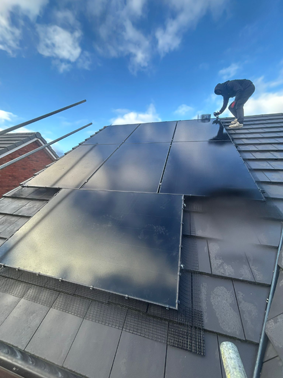
Green Energy in 2026 – What To Expect
What's in store for 2026 when it comes to the 'Green Revolution'.

Green Tech and Your EPC Rating
We take a look at how various green technologies can increase the EPC rating of your home or business.
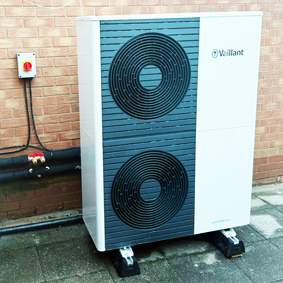
Is It Time To Replace Your Gas Boiler … With An Air Source Heat pump?
Boilers always fail in winter, don't they? Well, no may be the time to look at a greener replacement.
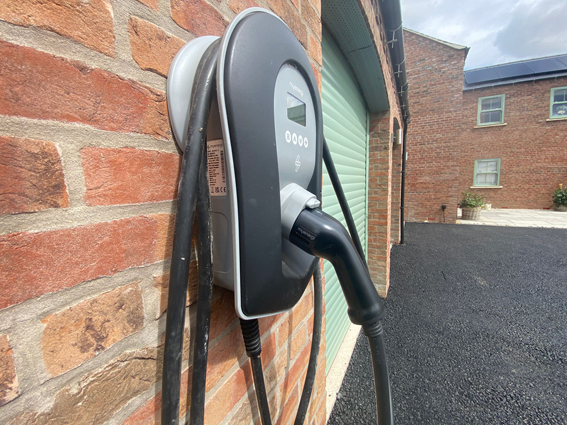
Home EV Charging vs Public Charging: Which Is Cheaper?
We take a look at the differences between home and external car charging.
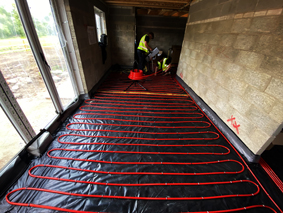
Heat Pumps and Underfloor Heating: A Perfect Match?
Does underfloor heating work well with underfloor heating? We find out.
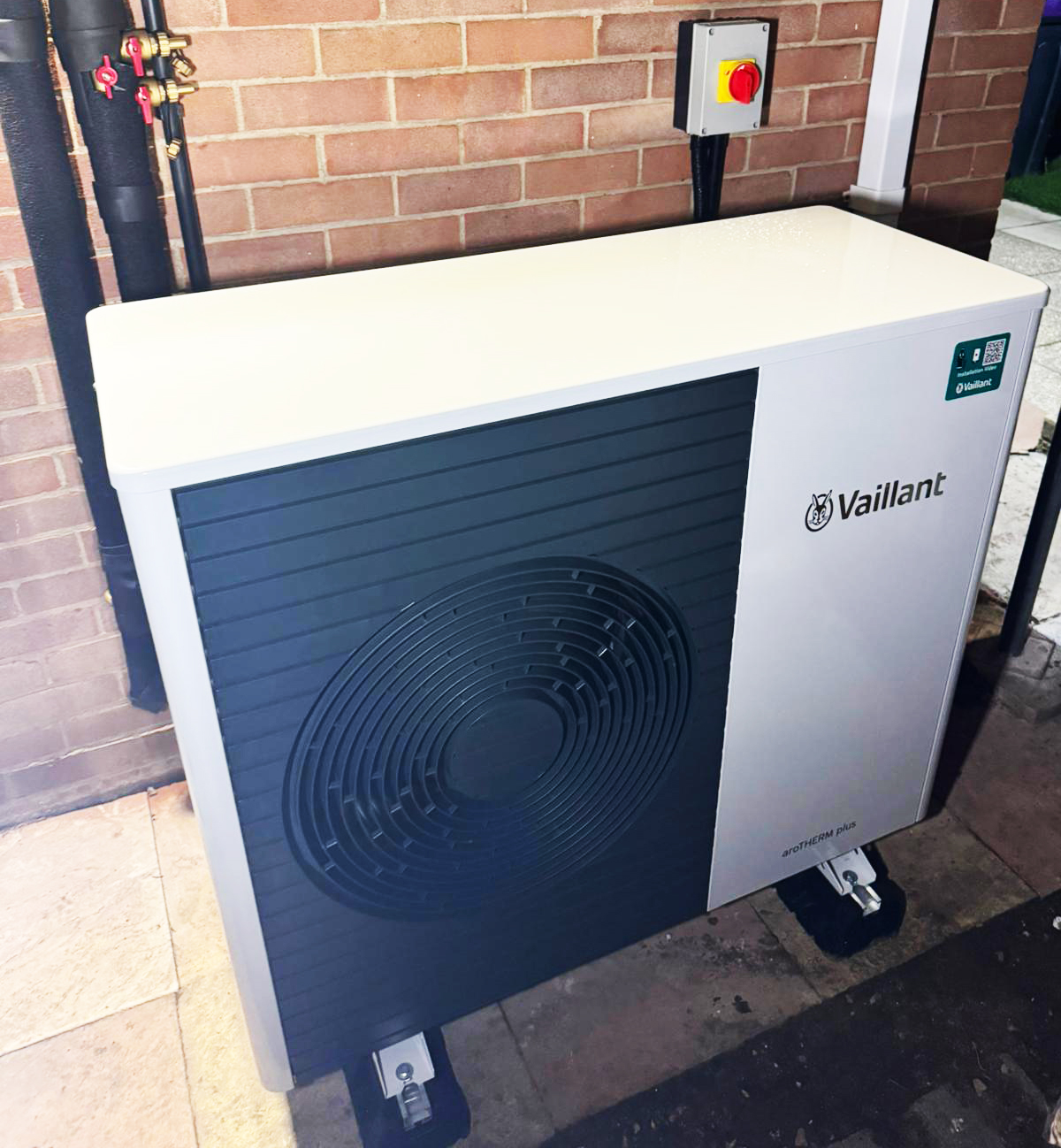
Air Source vs Ground Source Heat Pumps: Which is Best?
Switching to a new kind of heating can be confusing, we look at air and ground source heat pumps.
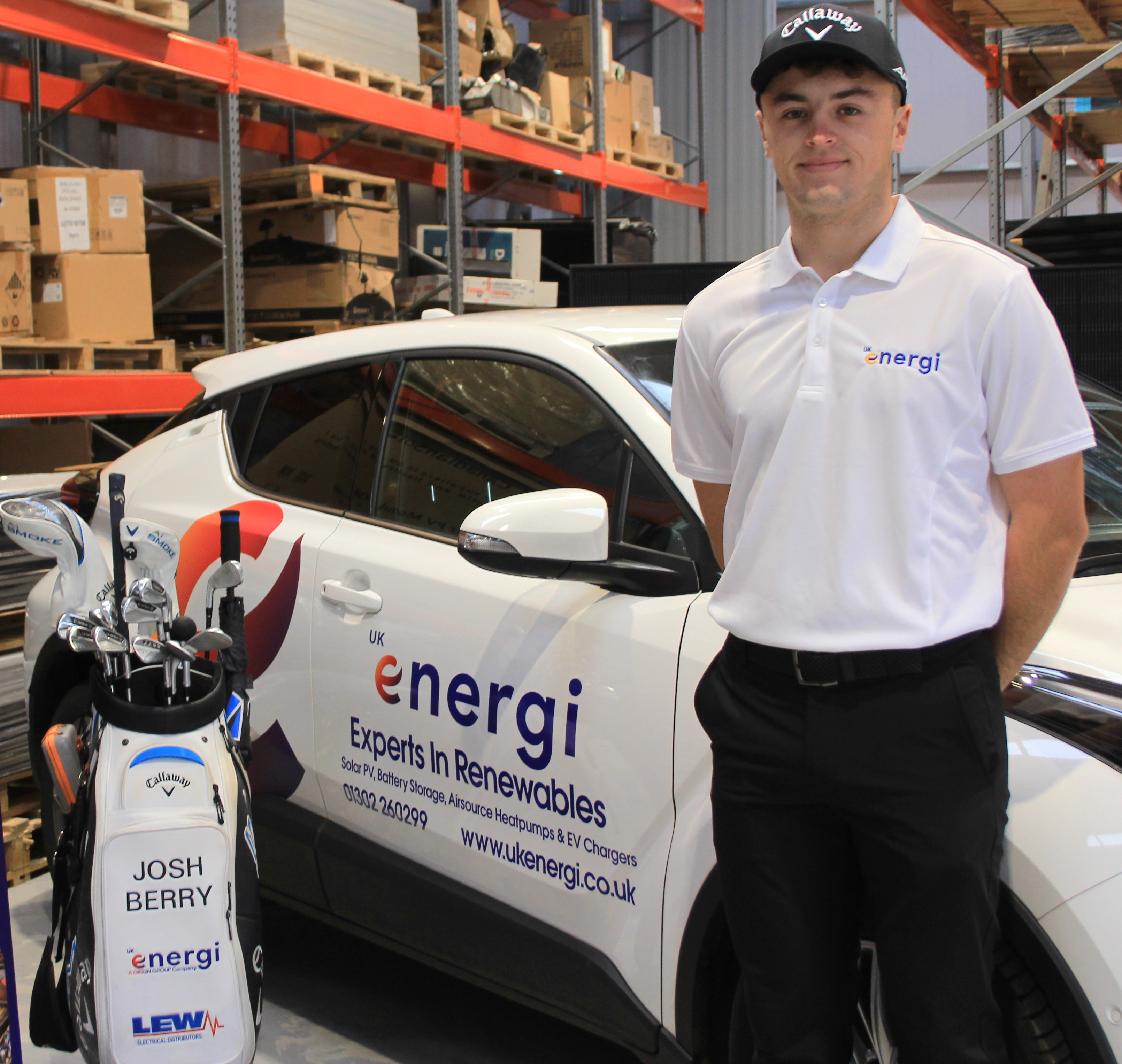
UK Energi Sponsored Josh Berry Secures Place on Golf DP World Tour 2026
Doncaster’s very own JoshuaBerry chipped in for a Birdie last Friday and became one of the 20 players to earn a DP World Tour card for 2026!
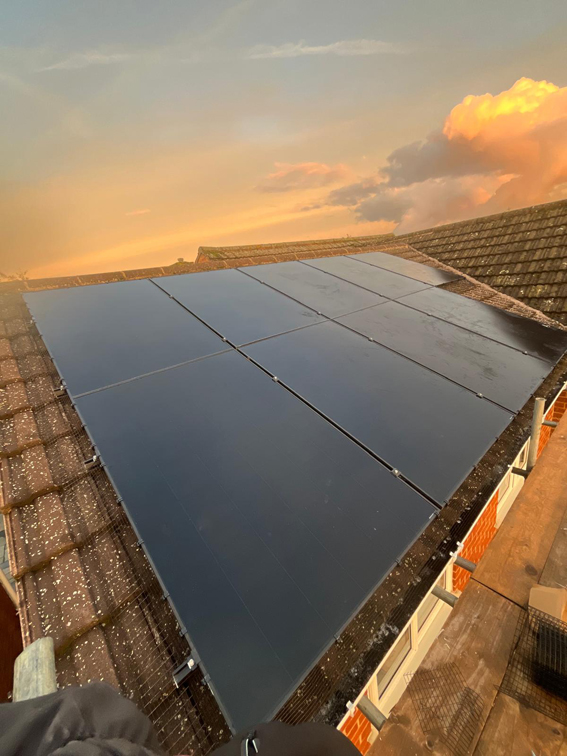
Can I Power My Whole House with Solar Panels?
We look at whether it's possible, or practical, to power your home solely using solar.
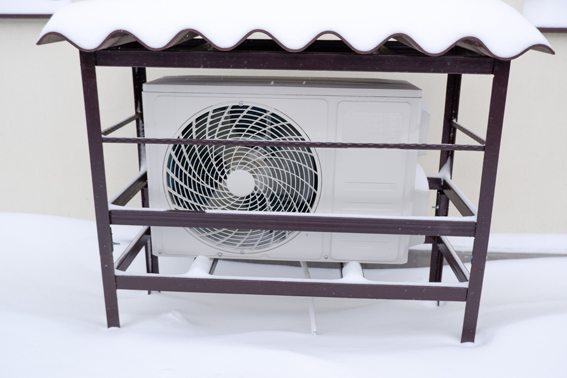
How Efficient Are Air Source Heat Pumps in Winter?
We answer the question everyone is asking 'What happens to my heat pump in winter?'

How to Clean and Maintain Your Solar Panels
Do you need to clean your solar panels? Well, yes, and we tell you how.
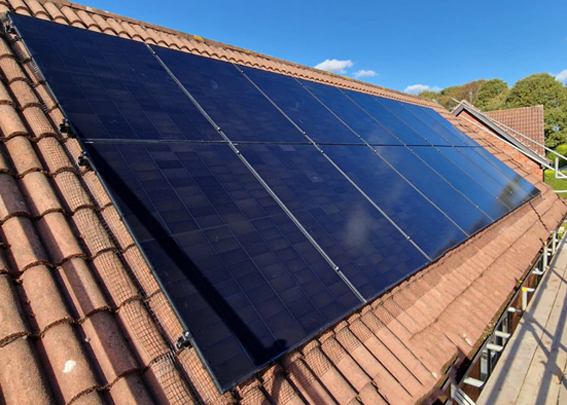
South vs North Facing Solar Panels – Does It Matter?
Does it matter which way you panels face? It sure does!
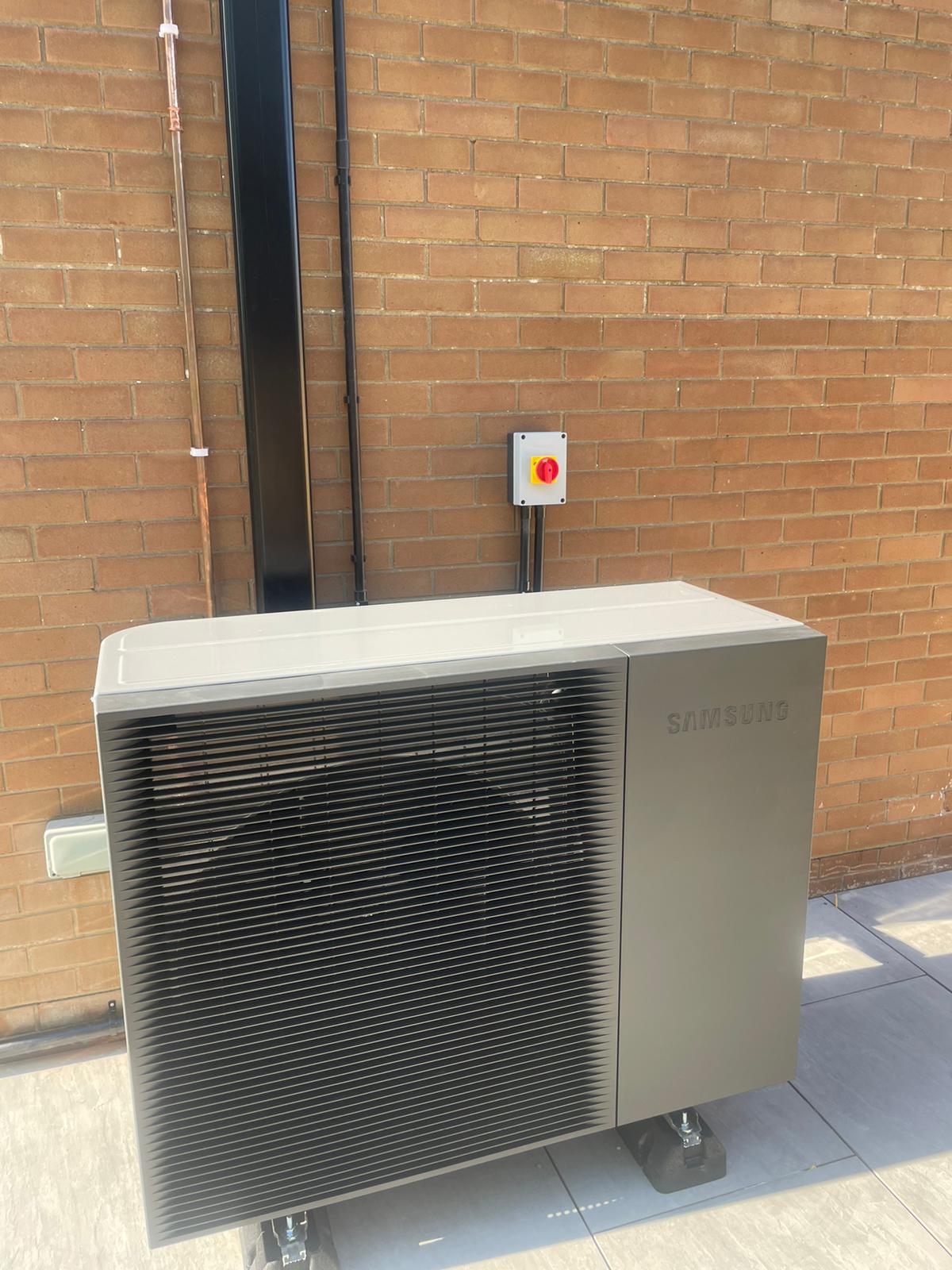
Installing an Air Source Heat Pump in a Listed Building
We take a look at what is involved when fitting air source heat pumps in listed buildings.
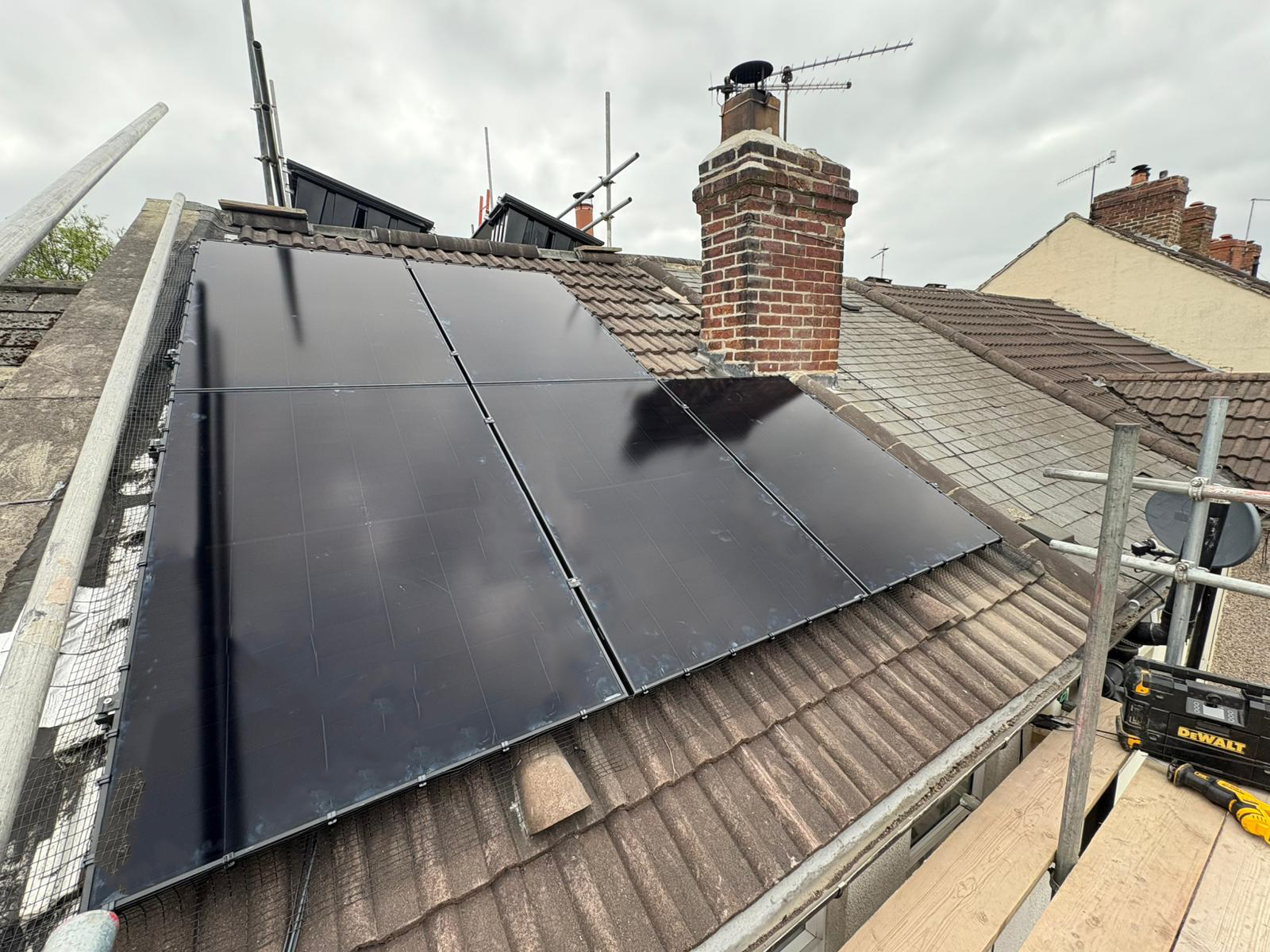
Going ‘Off Grid’ with a Solar Energy System
We take a look at the practicalities of going 'off-grid' in the UK with a solar energy system.
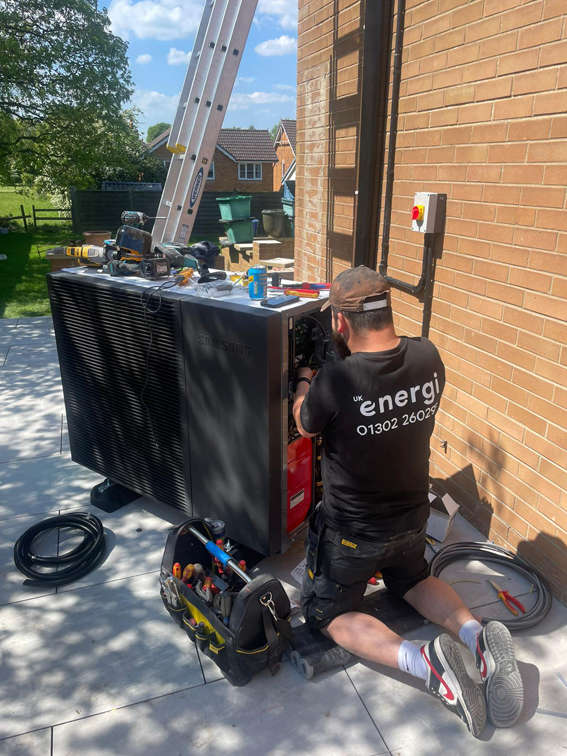
Heat Pump Installation: What to Expect Start to Finish
Having an air source heat pump fitted isn't a small job, so we looked at what's involved.
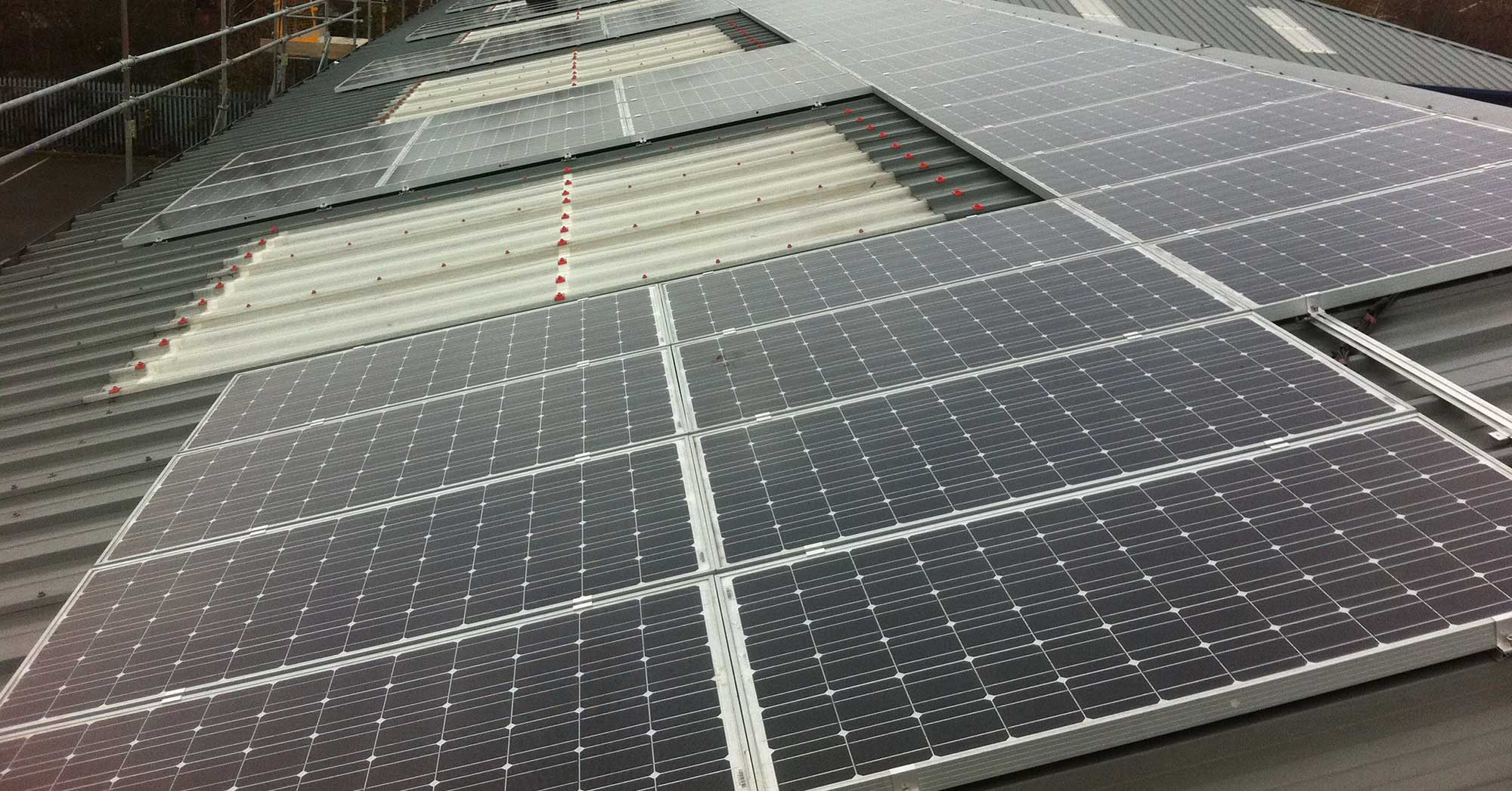
What is the UKSPF Low Carbon Grant?
Are you a small business with less than 250 employees in South Yorkshire? Well, in this blog we explore the UKSPF Low Carbon Grant which could help you make positive changes to your premises.
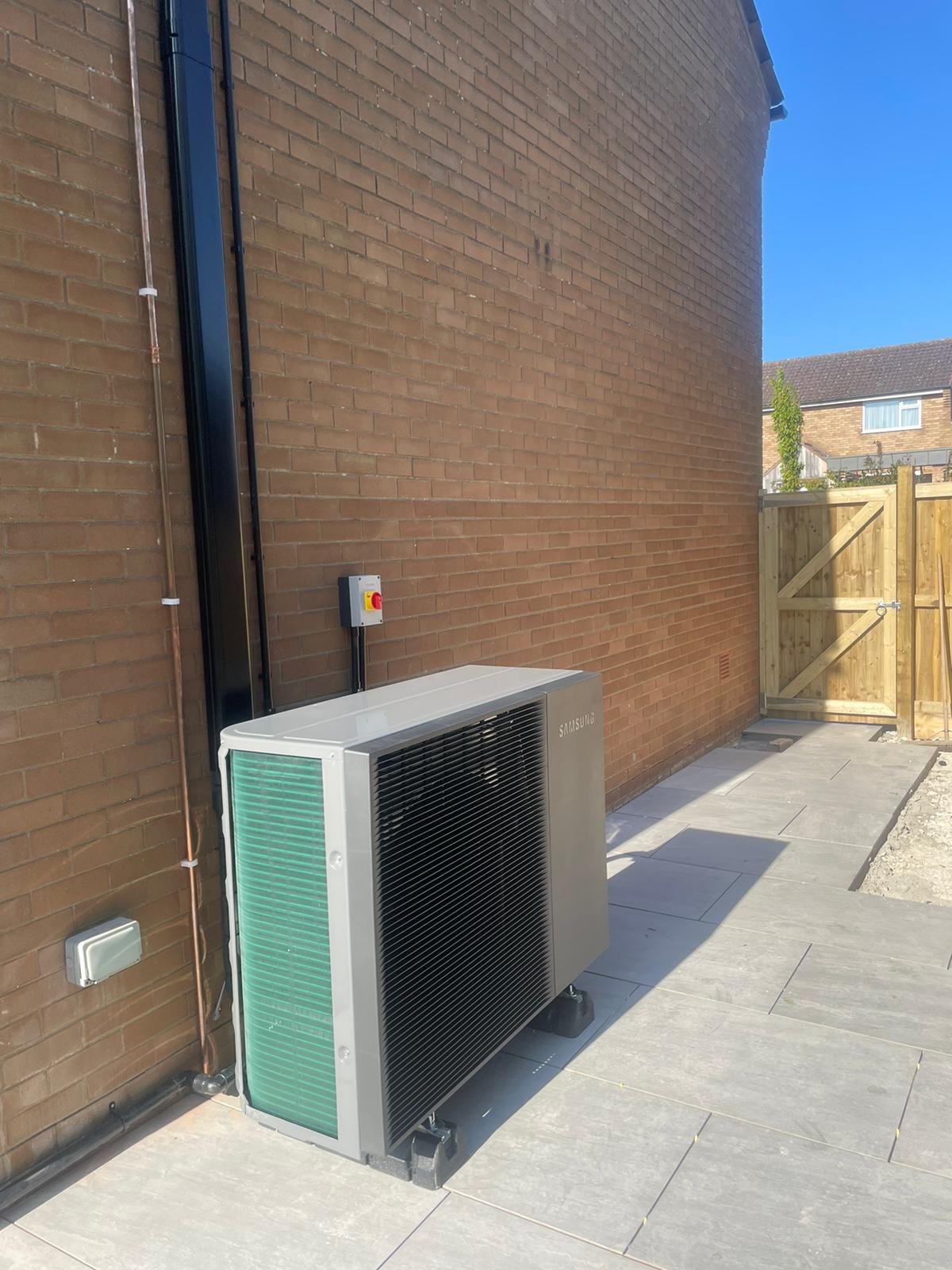
What Size Heat Pump Do I Need for My Home?
Size is important when it comes a heat pump. In this blog we take a look at air source heat pumps, heat loss calculations and the best kinds of heating systems.

Can You Use a Heat Pump with Radiators?
Can you use your air source heat pump with your radiators. The answer to that is both yes and no, so in this blog we investigate radiator comparability.
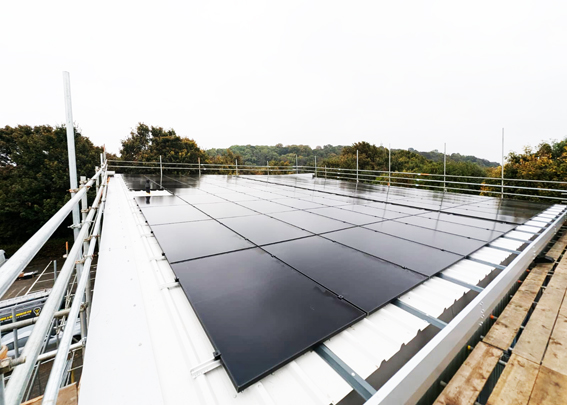
Can I Get Solar Panels on a Flat Roof?
Solar panels can be fitted to most roofs. In this blog we take a look at fitting them on flat roofs.
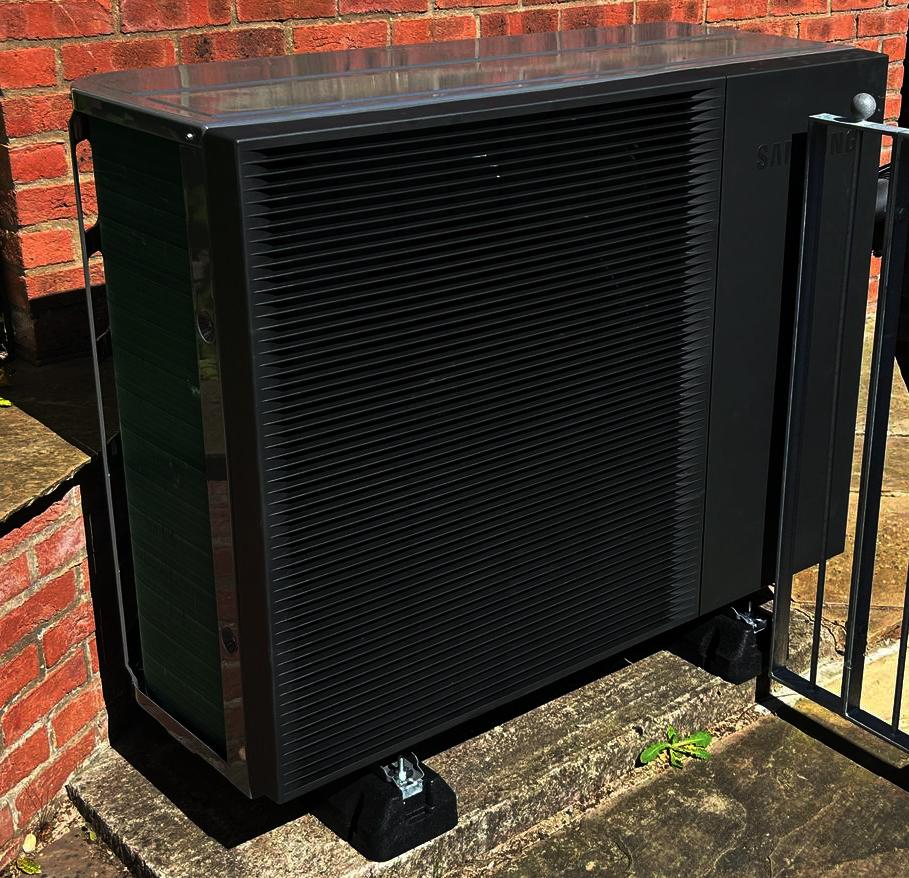
The Truth About Running Costs of Air Source Heat Pumps
We look into the ongoing costs of running an air source heat pump.
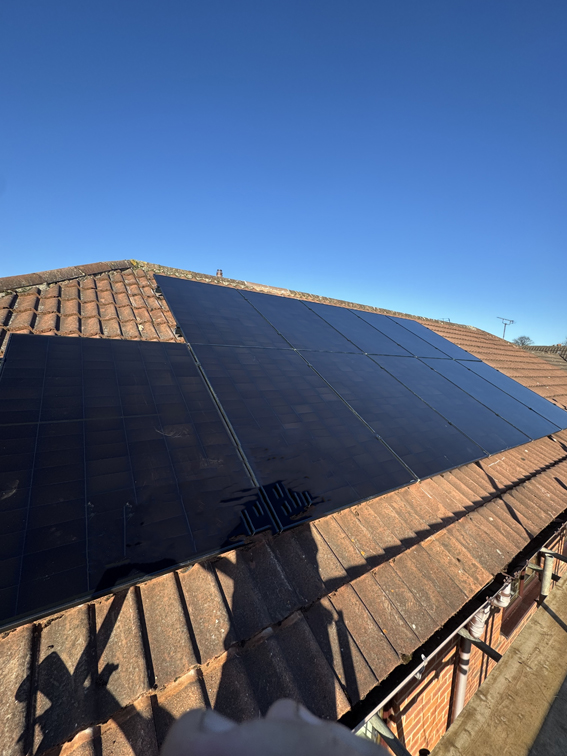
Are Solar Panels Good for the Environment?
There is a lot of noise online about whether solar energy is environmentally friendly or just another 'greenwash' fad. We investigate the reality behind emissions and CO2 involved in solar energy.

How Long Do Solar Panels Last?
We take a look into how long solar panels last, and what you can do to look after them.
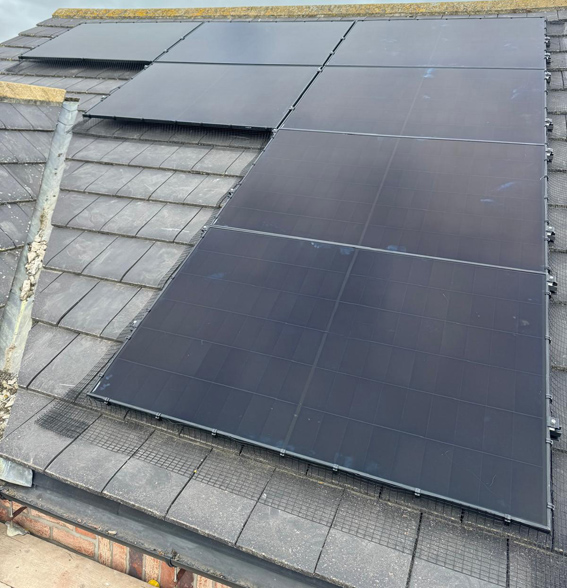
What Is the Smart Export Guarantee?
We take a look at the SEGs and how you can sign up.
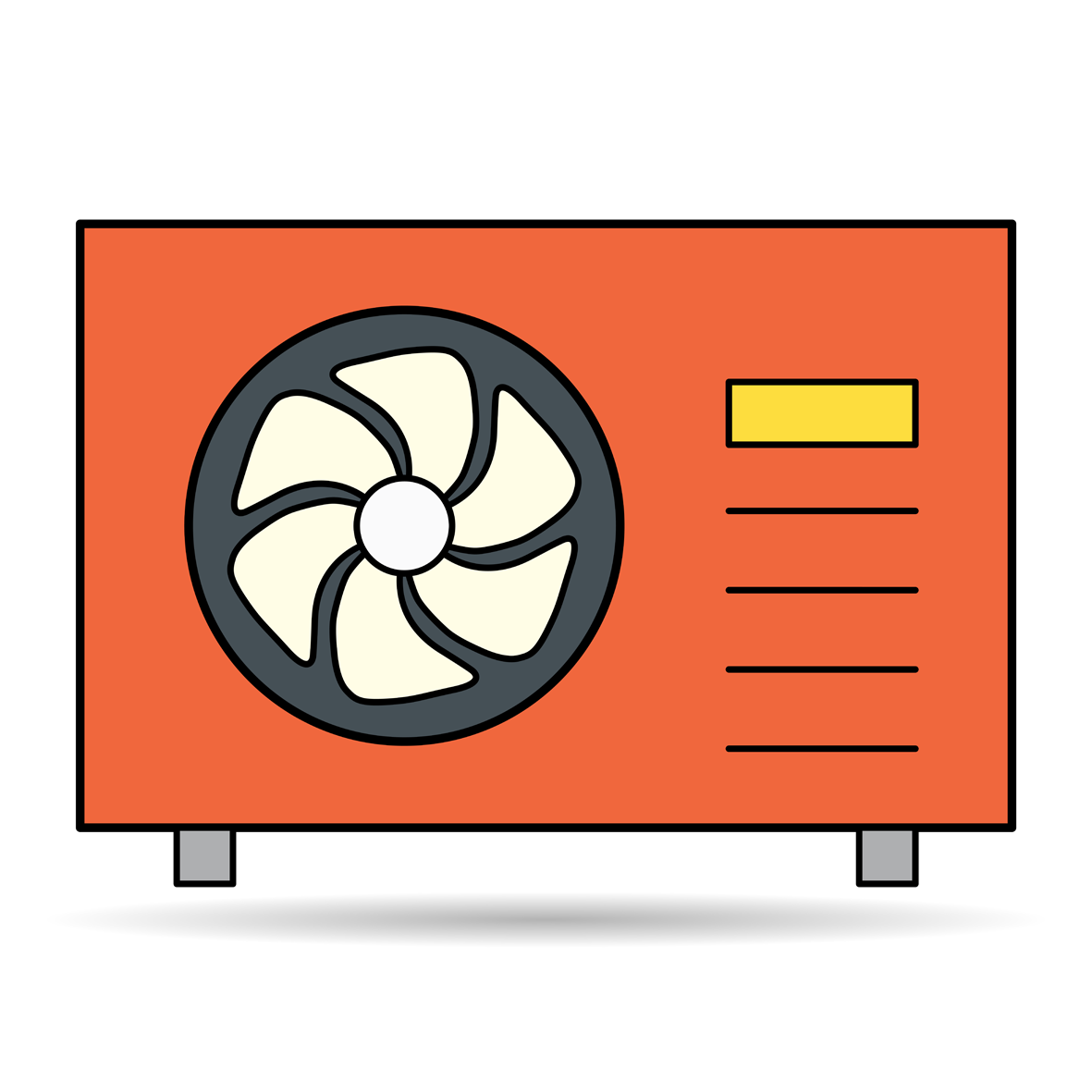
How Noisy Are Air Source Heat Pumps? We Tested One
We tested air source heat pumps to see how noisy they are.

Best Solar Brands for UK Homes
We take a look at some premier brands in UK solar energy systems.
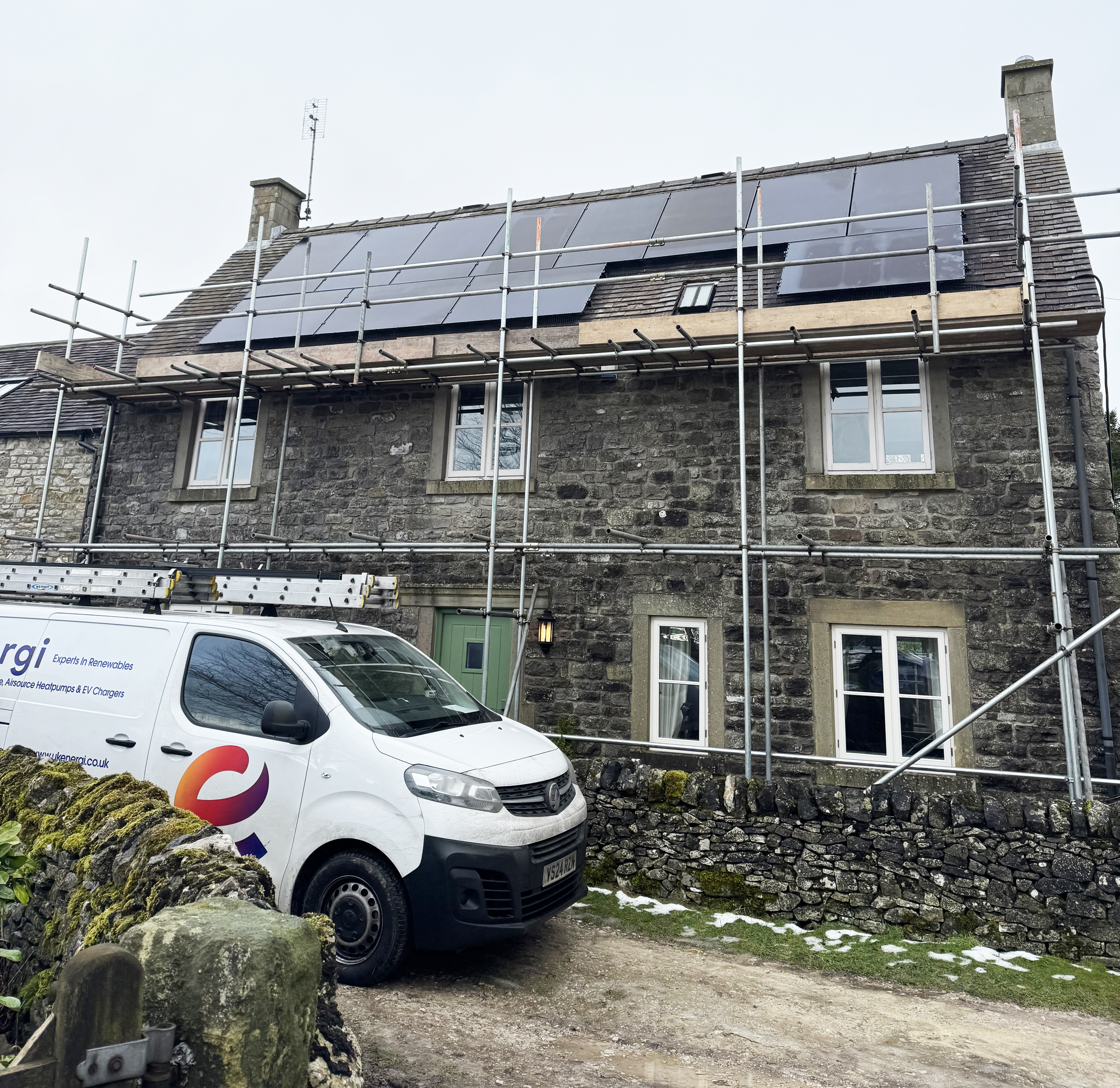
Do I Need Planning Permission for Solar Panels?
Fitting solar panels to your home can be quite the undertaking So, we've used this blog to demystify the fitting and planning.
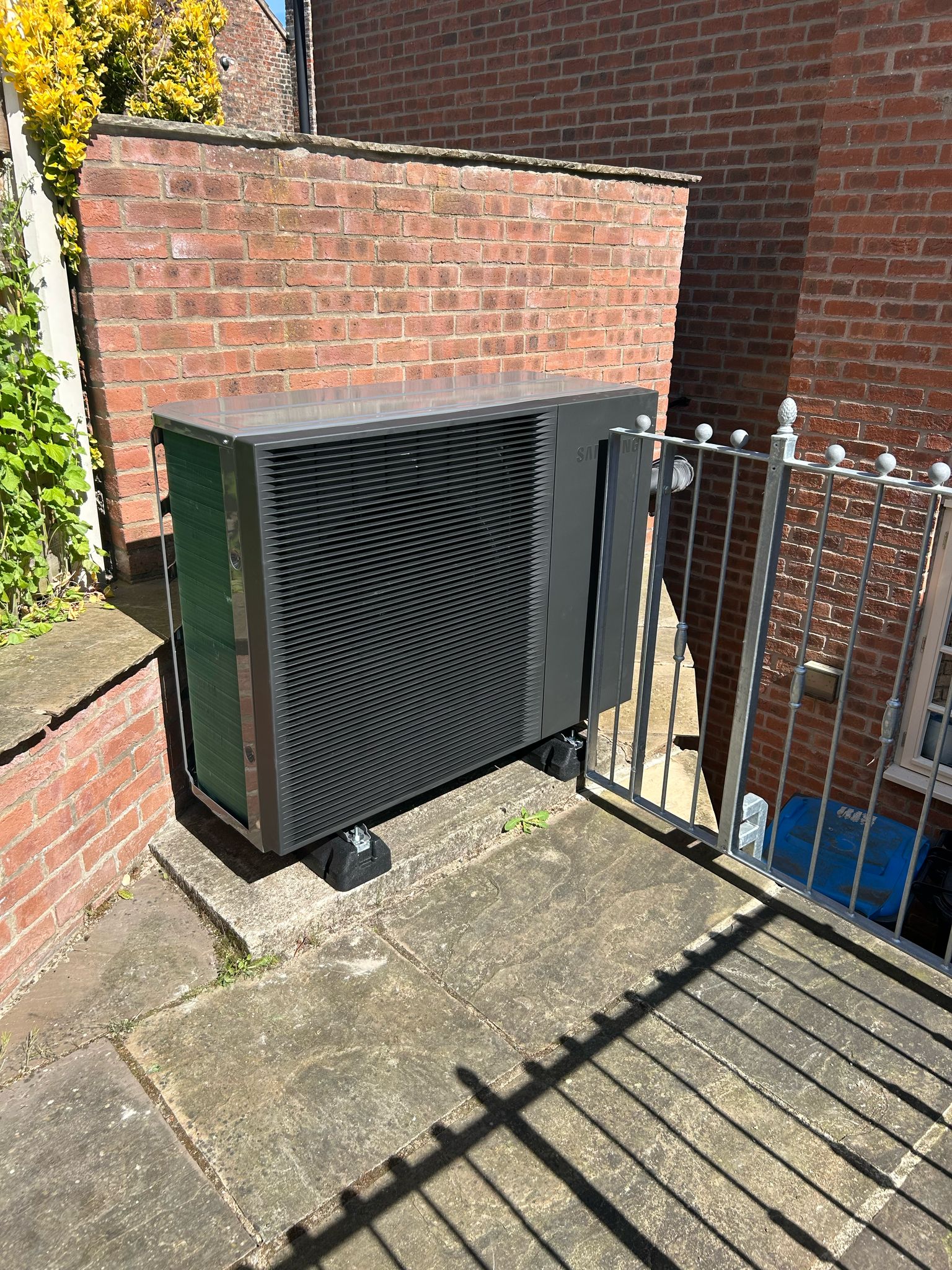
Government Grants for Heat Pumps in the UK (Updated 2025)
We take a look at the grants available to UK homeowners when it comes to air source heat pumps.

Are Air Source Heat Pumps Worth It in the UK?
We take a look at air source heat pumps - how they work and if they are worth it for UK homeowners.
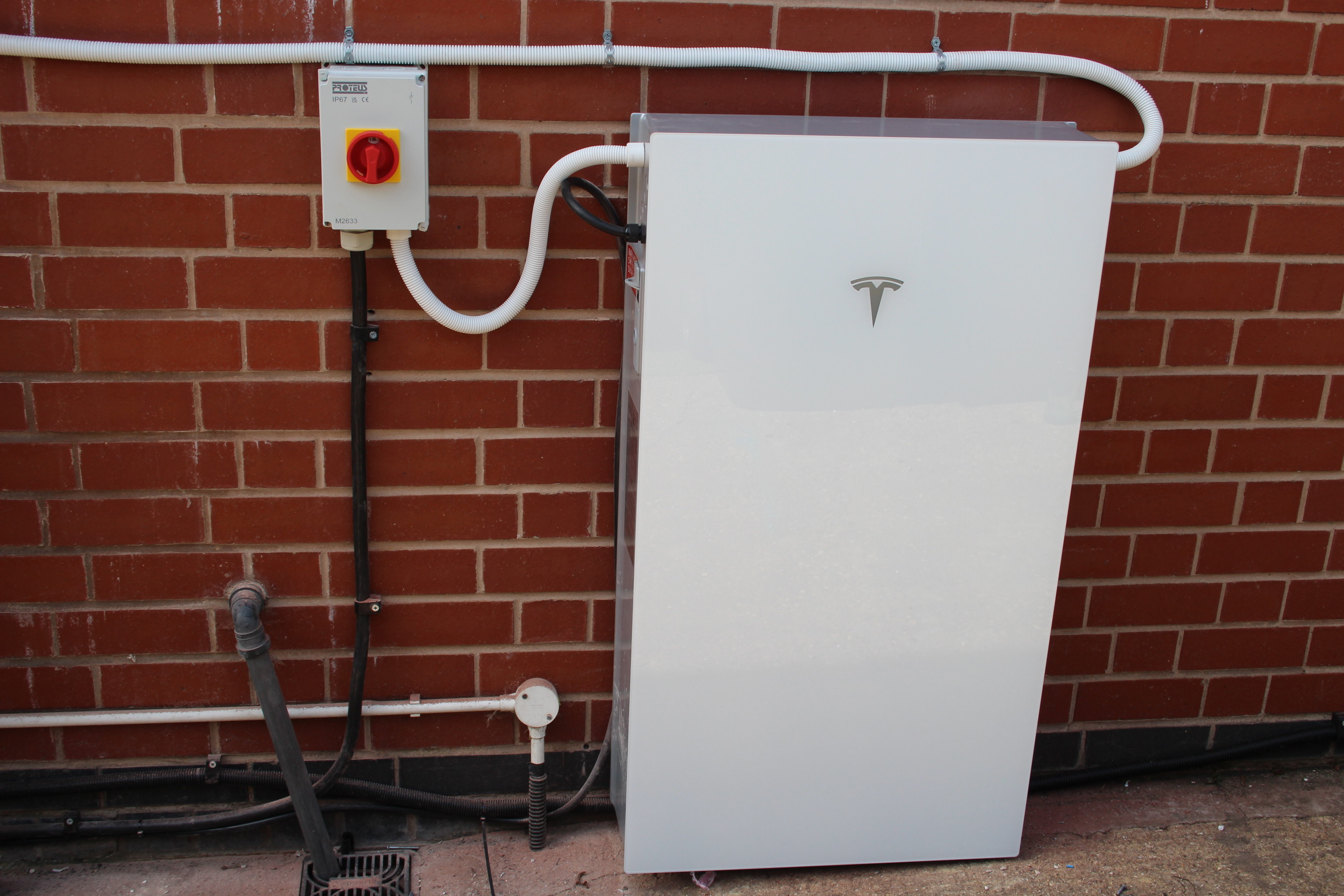
The Ultimate Solar Battery Storage Guide - 2025
We take a look at all things solar storage - type of batteries, new tech and recycling.
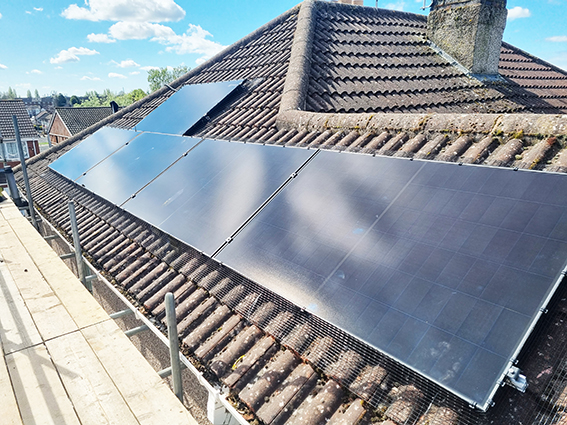
Does Solar Energy save you money?
We take a look at solar energy systems and how they can help you save.

Solar Accreditation: What should I look for in an installer?
We take a look at accreditation for solar installers and tell you what you should be looking for.
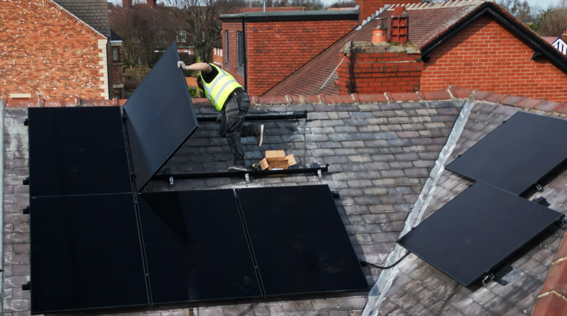
Why Go Solar?
Saving money, making money and looking after the planet - there are lots of reasons to go solar.

Fitting Integrated Solar PV to UK Housing Projects
We look at how you can improve our new build offer by adding in green tech.
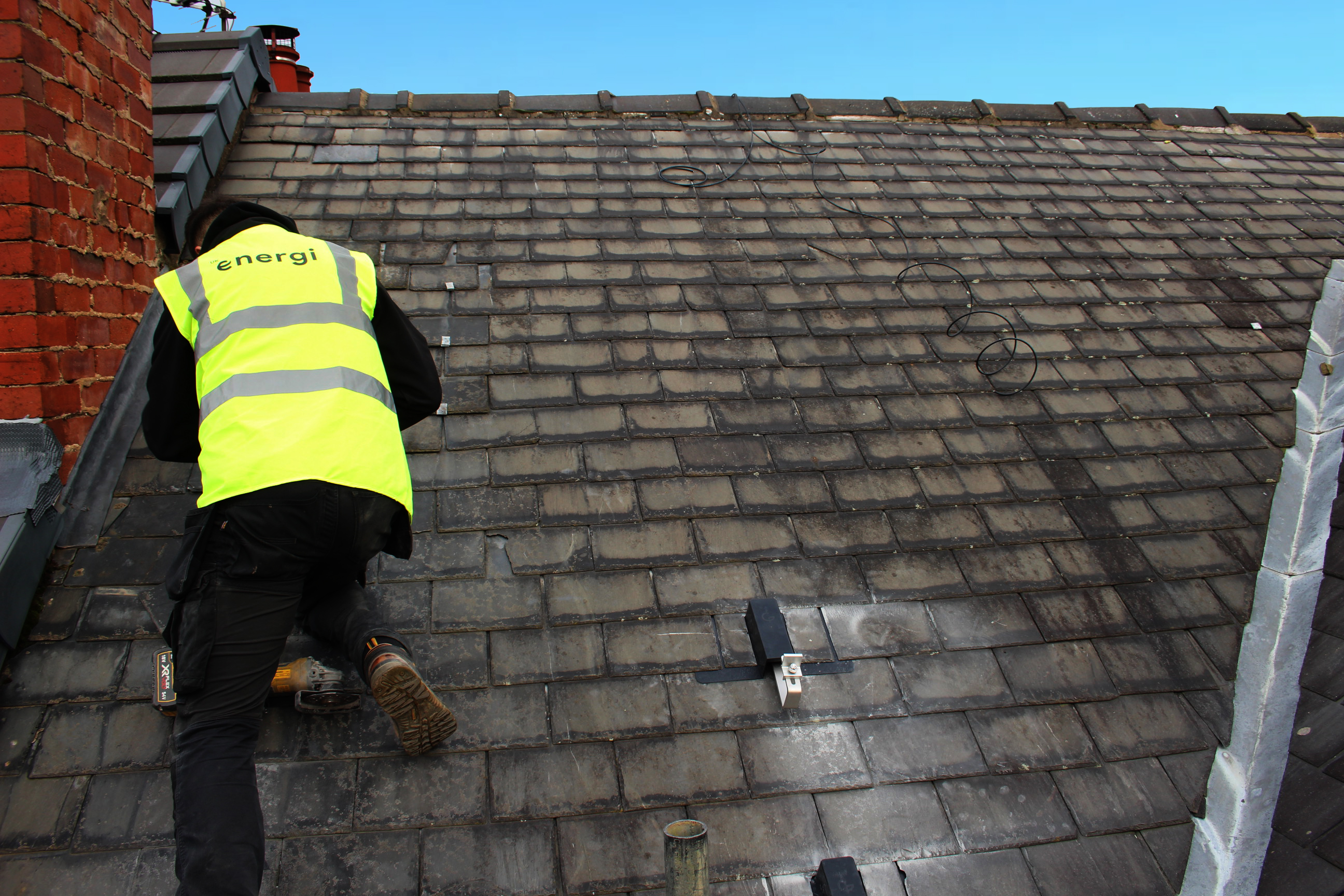
Solar Panel Installation Guide 2025
Looking to fit a solar energy system? Well, we make sure you know what you're looking for!
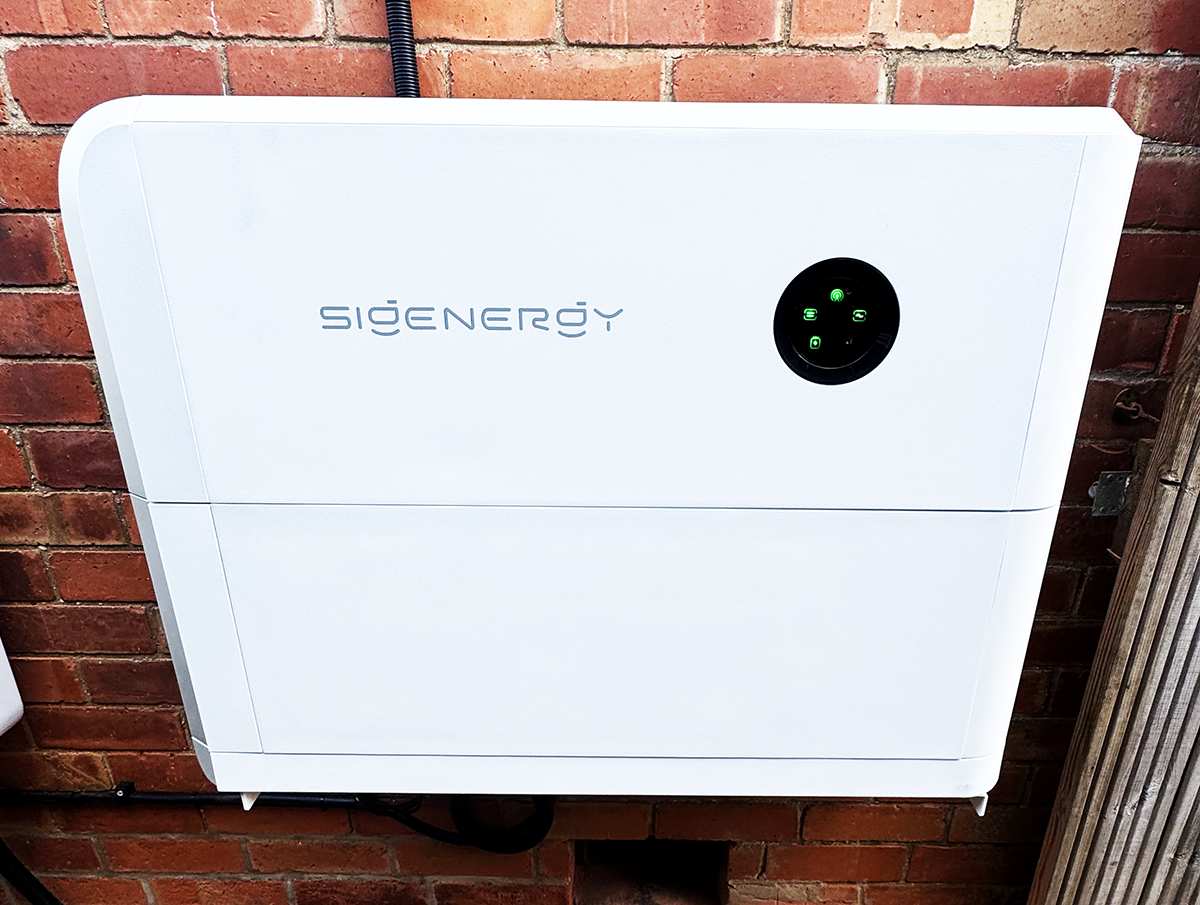
Can I Save Money With Solar Batteries?
Does adding battery storage to your system mean you'll save more money in the long run? We take a look at the advantages of solar batteries.
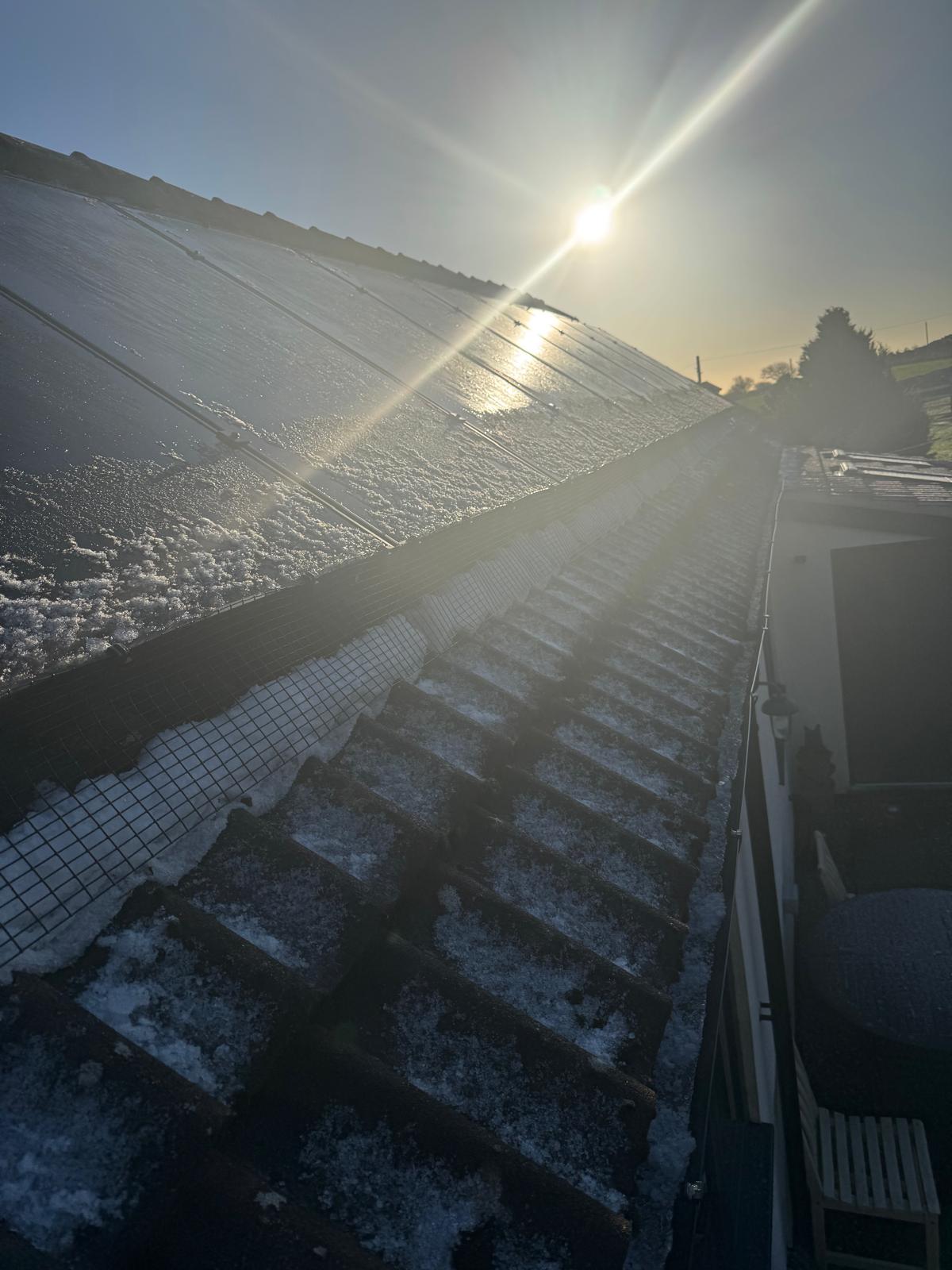
Solar and a UK Winter
How to look after your solar system in winter.
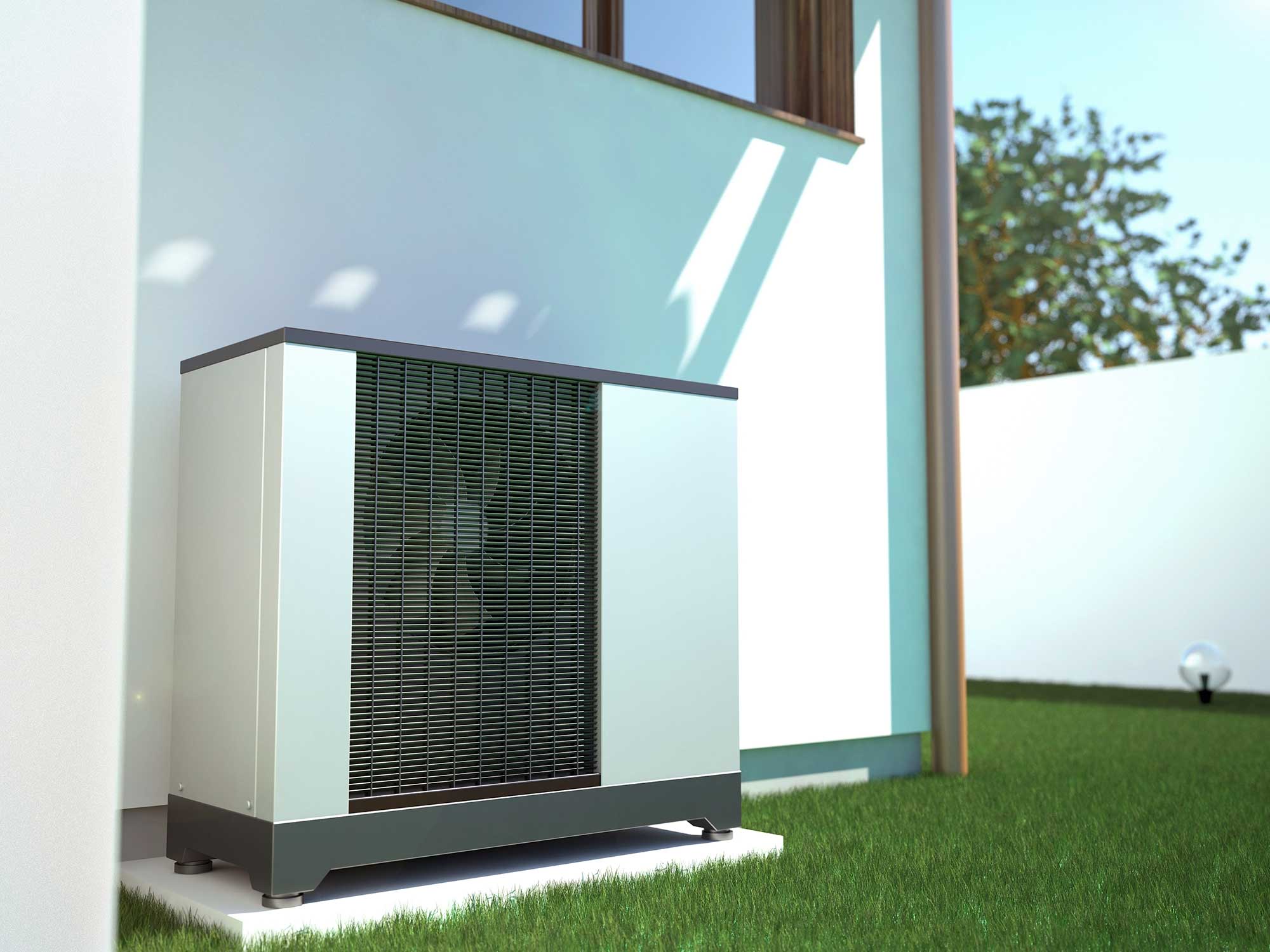
What is an Air Source Air Pump?
Air source heat pumps are becoming the nations fastest growing heating choice.
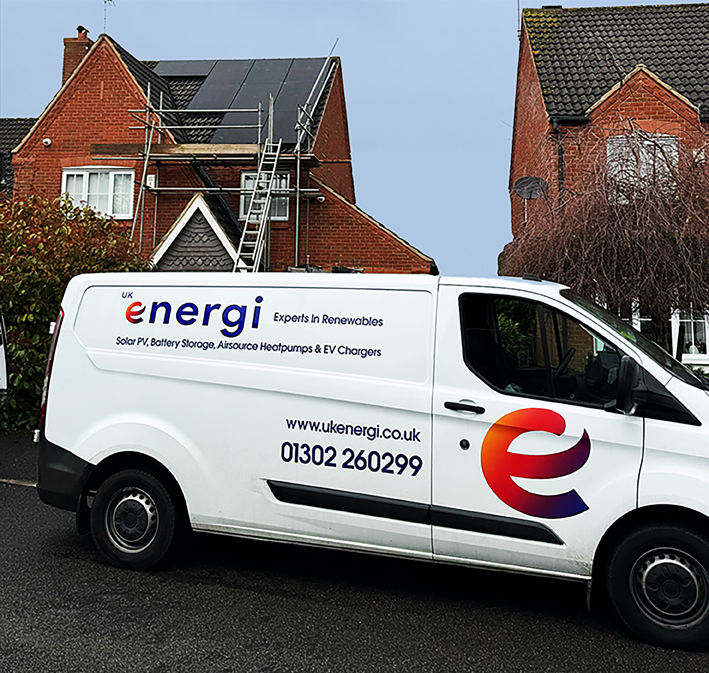
Can Solar Increase the Value Of Your Home?
Will adding a solar system to your home increase it's value? Believe it or not, yes.
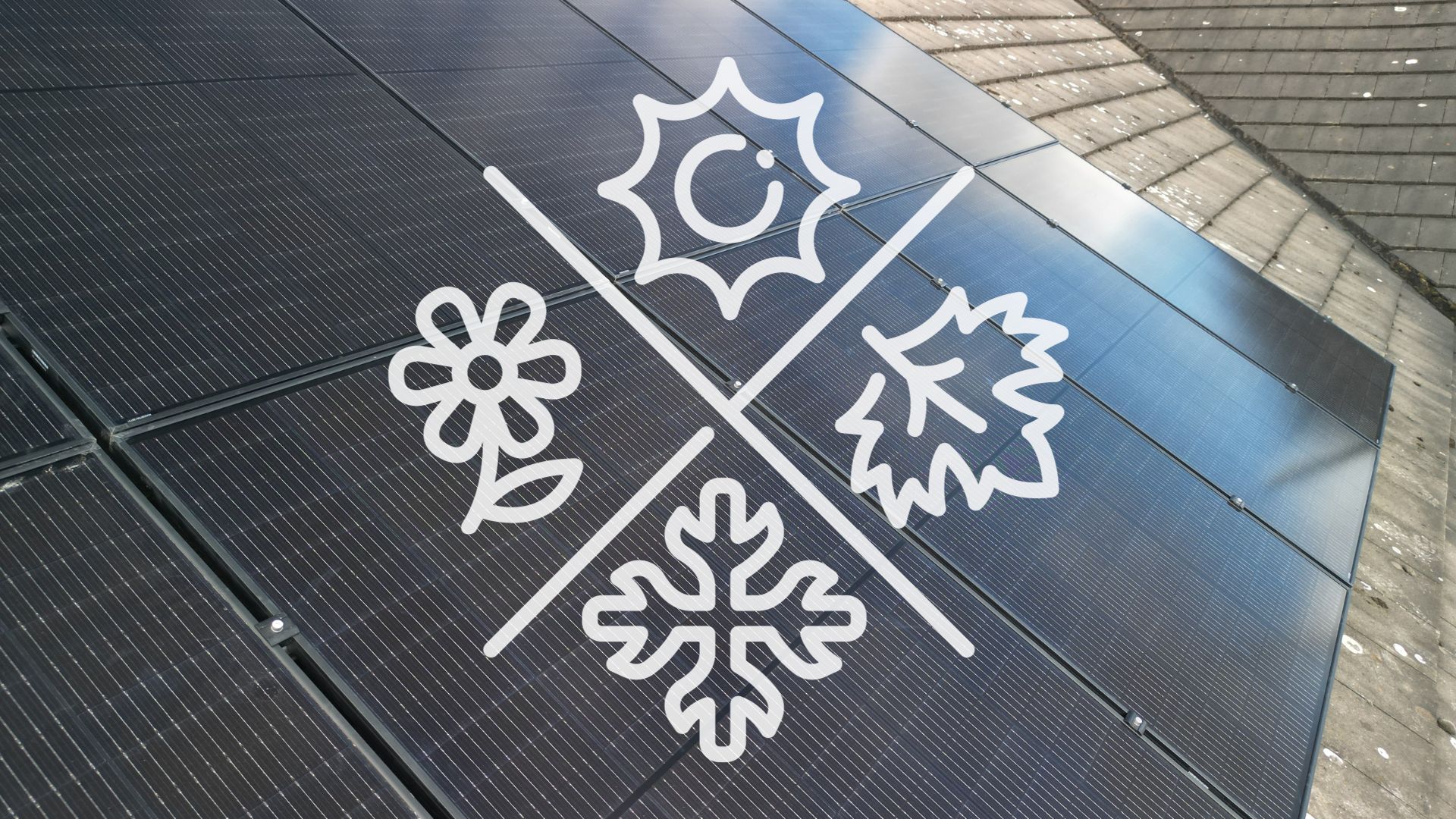
Do Solar Panels Work All Year Round?
We bust the myth that solar panels won't produce power in winter.

UKEnergi Sponsor Josh Berry
Josh Berry is taking the golf world by storm!

What is an Air Source Heat Pump
We take a look at Air Source Heat Pumps

Energy price cap September 2024
Investigating the October price cap from Ofgem
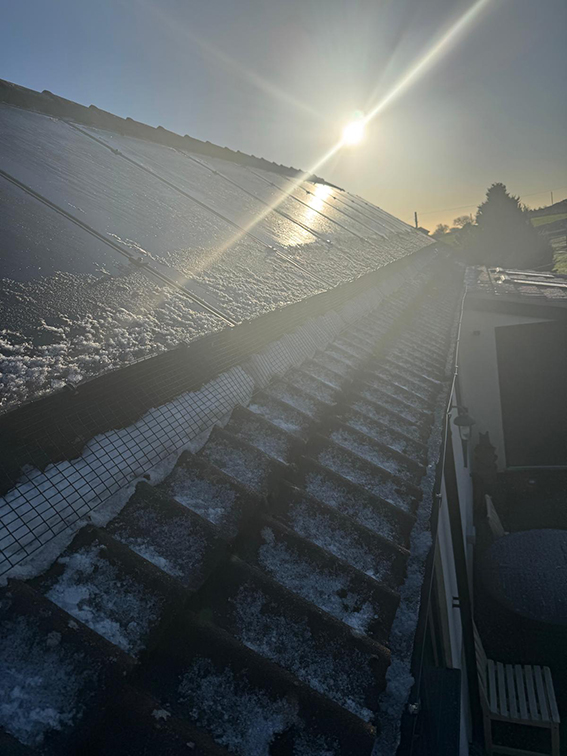
Why Get Solar?
Why get solar? Why not get solar?

Green Energy in 2026 – What To Expect
What's in store for 2026 when it comes to the 'Green Revolution'.

Green Tech and Your EPC Rating
We take a look at how various green technologies can increase the EPC rating of your home or business.

Home EV Charging vs Public Charging: Which Is Cheaper?
We take a look at the differences between home and external car charging.

UK Energi Sponsored Josh Berry Secures Place on Golf DP World Tour 2026
Doncaster’s very own JoshuaBerry chipped in for a Birdie last Friday and became one of the 20 players to earn a DP World Tour card for 2026!

Can I Power My Whole House with Solar Panels?
We look at whether it's possible, or practical, to power your home solely using solar.

How to Clean and Maintain Your Solar Panels
Do you need to clean your solar panels? Well, yes, and we tell you how.

South vs North Facing Solar Panels – Does It Matter?
Does it matter which way you panels face? It sure does!

Going ‘Off Grid’ with a Solar Energy System
We take a look at the practicalities of going 'off-grid' in the UK with a solar energy system.

Can I Get Solar Panels on a Flat Roof?
Solar panels can be fitted to most roofs. In this blog we take a look at fitting them on flat roofs.

Are Solar Panels Good for the Environment?
There is a lot of noise online about whether solar energy is environmentally friendly or just another 'greenwash' fad. We investigate the reality behind emissions and CO2 involved in solar energy.

How Long Do Solar Panels Last?
We take a look into how long solar panels last, and what you can do to look after them.

What Is the Smart Export Guarantee?
We take a look at the SEGs and how you can sign up.

Best Solar Brands for UK Homes
We take a look at some premier brands in UK solar energy systems.

Do I Need Planning Permission for Solar Panels?
Fitting solar panels to your home can be quite the undertaking So, we've used this blog to demystify the fitting and planning.

Are Air Source Heat Pumps Worth It in the UK?
We take a look at air source heat pumps - how they work and if they are worth it for UK homeowners.

The Ultimate Solar Battery Storage Guide - 2025
We take a look at all things solar storage - type of batteries, new tech and recycling.

Does Solar Energy save you money?
We take a look at solar energy systems and how they can help you save.

Solar Accreditation: What should I look for in an installer?
We take a look at accreditation for solar installers and tell you what you should be looking for.

Why Go Solar?
Saving money, making money and looking after the planet - there are lots of reasons to go solar.

Fitting Integrated Solar PV to UK Housing Projects
We look at how you can improve our new build offer by adding in green tech.

Solar Panel Installation Guide 2025
Looking to fit a solar energy system? Well, we make sure you know what you're looking for!

Can I Save Money With Solar Batteries?
Does adding battery storage to your system mean you'll save more money in the long run? We take a look at the advantages of solar batteries.

Solar and a UK Winter
How to look after your solar system in winter.

Can Solar Increase the Value Of Your Home?
Will adding a solar system to your home increase it's value? Believe it or not, yes.

Do Solar Panels Work All Year Round?
We bust the myth that solar panels won't produce power in winter.

Energy price cap September 2024
Investigating the October price cap from Ofgem

Why Get Solar?
Why get solar? Why not get solar?

Green Tech and Your EPC Rating
We take a look at how various green technologies can increase the EPC rating of your home or business.

Is It Time To Replace Your Gas Boiler … With An Air Source Heat pump?
Boilers always fail in winter, don't they? Well, no may be the time to look at a greener replacement.

Heat Pumps and Underfloor Heating: A Perfect Match?
Does underfloor heating work well with underfloor heating? We find out.

Air Source vs Ground Source Heat Pumps: Which is Best?
Switching to a new kind of heating can be confusing, we look at air and ground source heat pumps.

How Efficient Are Air Source Heat Pumps in Winter?
We answer the question everyone is asking 'What happens to my heat pump in winter?'

Installing an Air Source Heat Pump in a Listed Building
We take a look at what is involved when fitting air source heat pumps in listed buildings.

Heat Pump Installation: What to Expect Start to Finish
Having an air source heat pump fitted isn't a small job, so we looked at what's involved.

What Size Heat Pump Do I Need for My Home?
Size is important when it comes a heat pump. In this blog we take a look at air source heat pumps, heat loss calculations and the best kinds of heating systems.

Can You Use a Heat Pump with Radiators?
Can you use your air source heat pump with your radiators. The answer to that is both yes and no, so in this blog we investigate radiator comparability.

The Truth About Running Costs of Air Source Heat Pumps
We look into the ongoing costs of running an air source heat pump.

How Noisy Are Air Source Heat Pumps? We Tested One
We tested air source heat pumps to see how noisy they are.

What is an Air Source Air Pump?
Air source heat pumps are becoming the nations fastest growing heating choice.

Home EV Charging vs Public Charging: Which Is Cheaper?
We take a look at the differences between home and external car charging.

Can I Power My Whole House with Solar Panels?
We look at whether it's possible, or practical, to power your home solely using solar.

The Ultimate Solar Battery Storage Guide - 2025
We take a look at all things solar storage - type of batteries, new tech and recycling.

Can I Save Money With Solar Batteries?
Does adding battery storage to your system mean you'll save more money in the long run? We take a look at the advantages of solar batteries.

Solar Panel Installation Guide 2025
Looking to fit a solar energy system? Well, we make sure you know what you're looking for!

UKEnergi Sponsor Josh Berry
Josh Berry is taking the golf world by storm!